The European Commission has approved a 16th package of sanctions against Russia, aiming to further increase economic and military pressure on Moscow. The new sanctions cover strategic sectors such as energy, trade, transportation, infrastructure and financial services, and include additional measures to block attempts to circumvent the sanctions. With this package, the EU reaffirms its commitment to a just and lasting peace in Ukraine.
Scope of Sanctions Expanded
The 16th package was also harmonized with the Belarus sanctions regime to prevent Russia from circumventing sanctions, while the sanctions regimes for Crimea and Sevastopol, as well as non-government-controlled regions such as Donetsk, Kherson, Luhansk and Zaporizhzhia were updated.
Anti-Diversion Measures:
- The EU has added 74 new ships to the sanctions list, bringing the total number to 153. These vessels are part of the shadow fleet or contribute to Russia's energy revenues.
- A new listing criterion was introduced for those who support the operations of unsafe oil tankers.
- 53 new companies that support Russia's military-industrial complex or seek to circumvent sanctions were subjected to targeted export restrictions. 34 of them operate in countries outside Russia.
Additional Lists:
- 48 individuals and 35 organizations were sanctioned for support to the Russian military complex, sanctions violations, crypto-asset exchanges, and activities in the maritime sector.
- A new criterion for the inclusion of persons and entities providing support to Russia's military and industrial complex has been added.
Measures for Trade and Industry
Aluminum Import Ban:
- The EU extended its ban on imports of processed aluminum from Russia to include primary aluminum imports.
- In order for businesses to comply, a quota mechanism of 275,000 tons was implemented, allowing 80% of EU imports in 2024 to be used for 12 months.
Restriction on Dual-Use Products:
- Chemical precursors used in the production of chloropicrin and other riot control agents were sanctioned.
- Computer Numerical Control (CNC) machine tools and software related to video game controllers used by the Russian military to control drones were subject to export restrictions.
- Chromium ores and compounds used for military purposes were included in the sanctions.
- Additional export restrictions were imposed on minerals of military importance, chemicals, steel, glassware and fireworks.
New Restrictions on Energy and Transportation
Energy Sanctions:
- A total ban on the temporary storage of Russian crude oil and oil products in EU ports and subject to free zone procedures.
- The ban on the provision of goods, technology and services for LNG projects in Russia was extended to Russian crude oil projects such as the Vostok Oil Project.
- The export and supply of oil and gas exploration software to Russia was restricted.
Transportation and Logistics Measures:
- The flight ban was extended to third country carriers operating Russian domestic flights or supplying aviation products to
- Russian airlines. Listed airlines will not be able to operate flights to the EU.
- Russian ownership in the EU road transport sector will not exceed 25%. This change was introduced to prevent sanctions from being circumvented.
Infrastructure and Financial Sector Sanctions
Restrictions on Infrastructure:
- A full trading ban was imposed on several critical Russian infrastructure, including Vnukovo and Zhukovsky airports in Moscow, the Volga port of Astrakhan, Ust-Luga and Primorsk on the Baltic Sea, and Novorossiysk on the Black Sea.
- EU companies are banned from providing construction services in Russia.
Measures for the Financial Sector:
- 13 financial institutions were included in the ban on specialized financial messaging services.
- A transaction ban was imposed on 3 banks trying to circumvent sanctions through the Bank of Russia's Financial Messaging System (SPFS).
- The EU expanded its powers to sanction financial institutions that exceed the Oil Price Cap and cryptoasset providers that facilitate shadow fleet transactions.
Countermeasures against Disinformation
- The EU has suspended the broadcasting activities of 8 additional Russian media outlets supporting and legitimizing the war against Ukraine.
EU: “We will continue to work for a just and lasting peace”
The EU says the sanctions have reduced Russia's military and technological capabilities, put the Kremlin in a difficult position in financing the war and imposed increased costs on the Russian economy. The European Commission continues to cooperate with member states to ensure the uniform application of sanctions.
In addition, EU Sanctions Envoy David O'Sullivan announced that they will continue to cooperate with third countries to prevent Russia from circumventing sanctions. Partner countries have established a list of “High Priority Sanctioned Goods” that should not be re-exported to Russia. The 16th sanctions package once again demonstrates the EU's determination to increase economic pressure on Russia and fight for a sustainable peace in Ukraine.


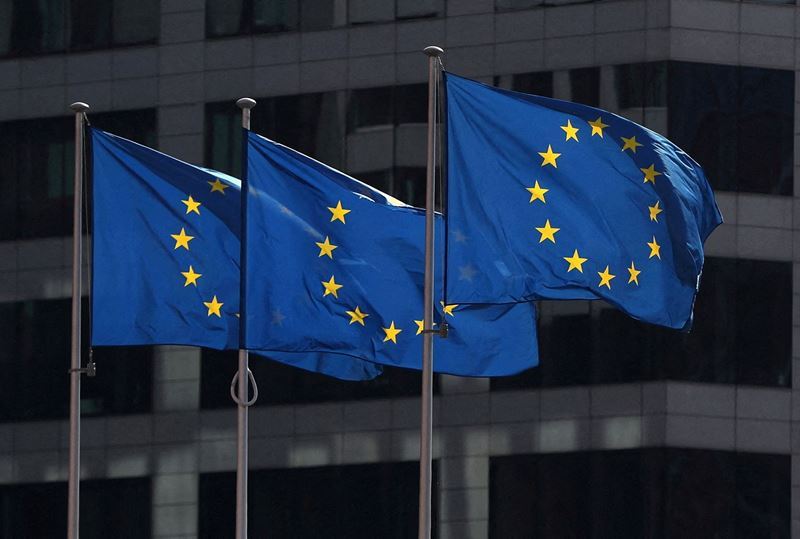

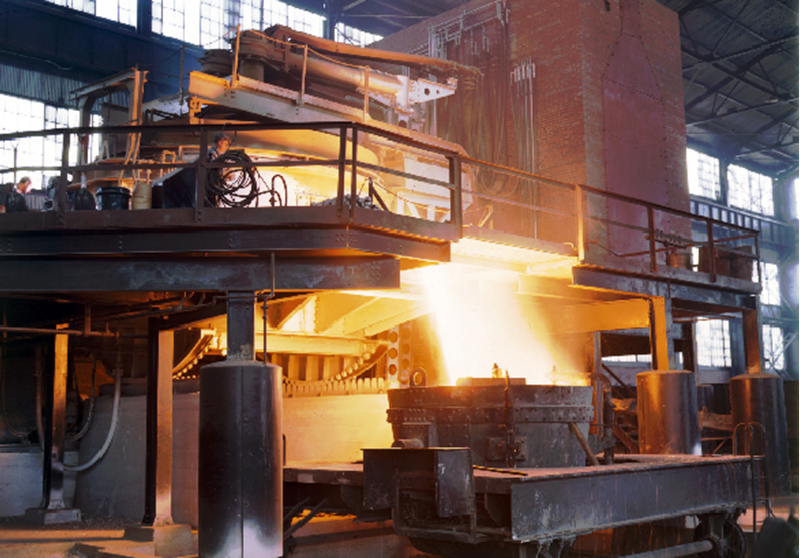
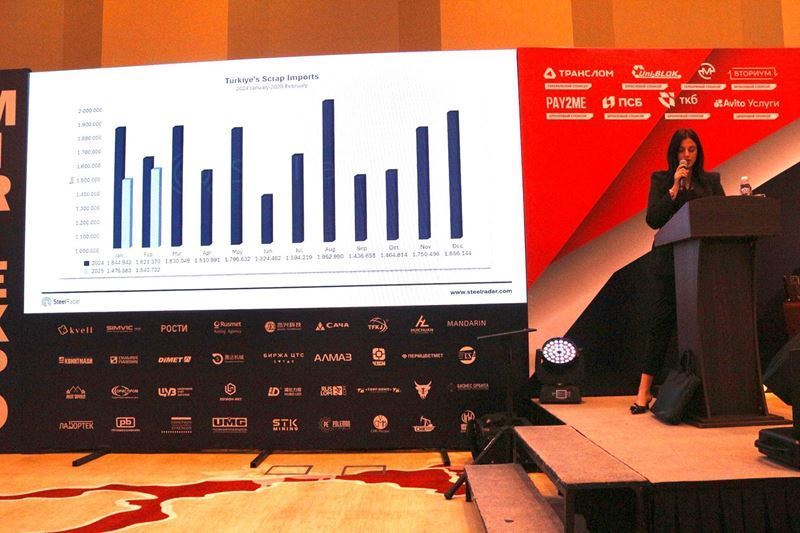
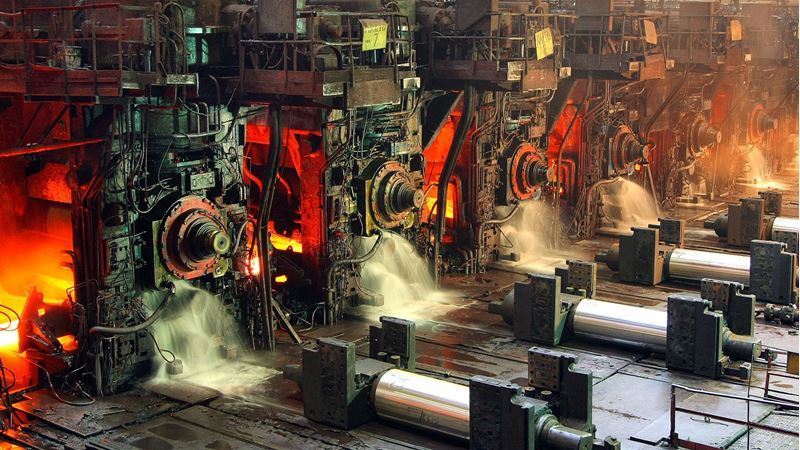
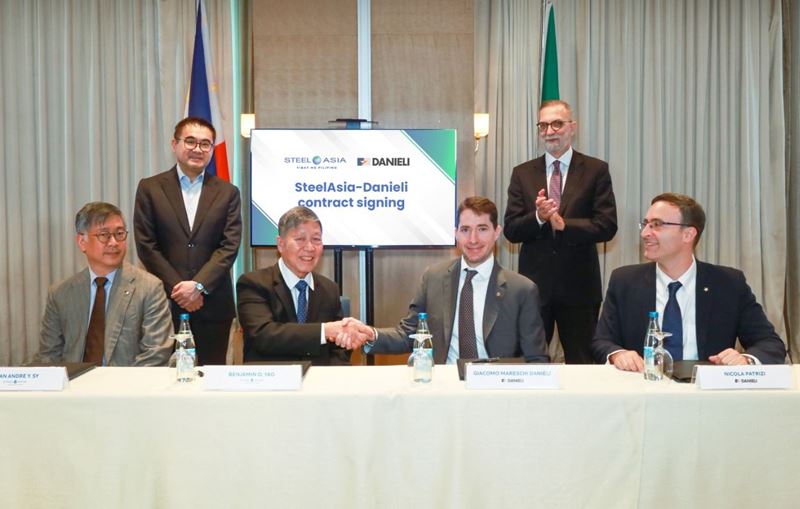
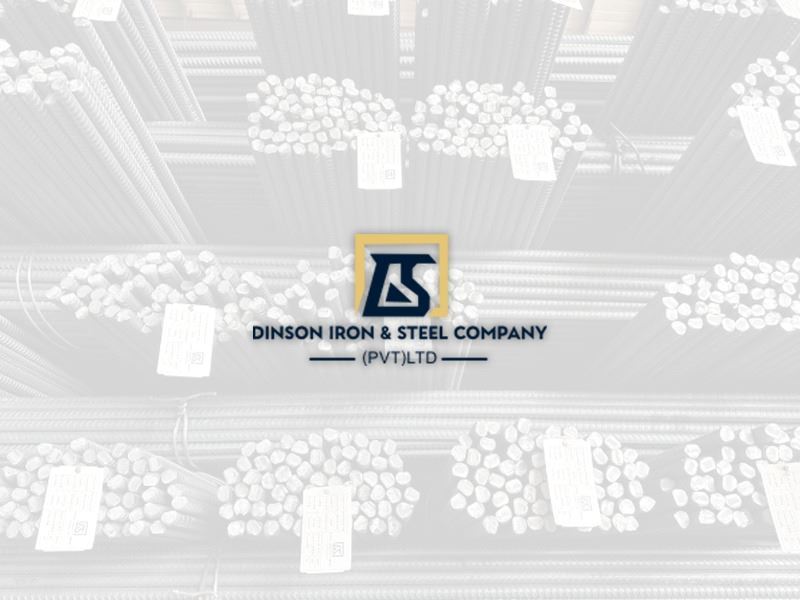


Comments
No comment yet.